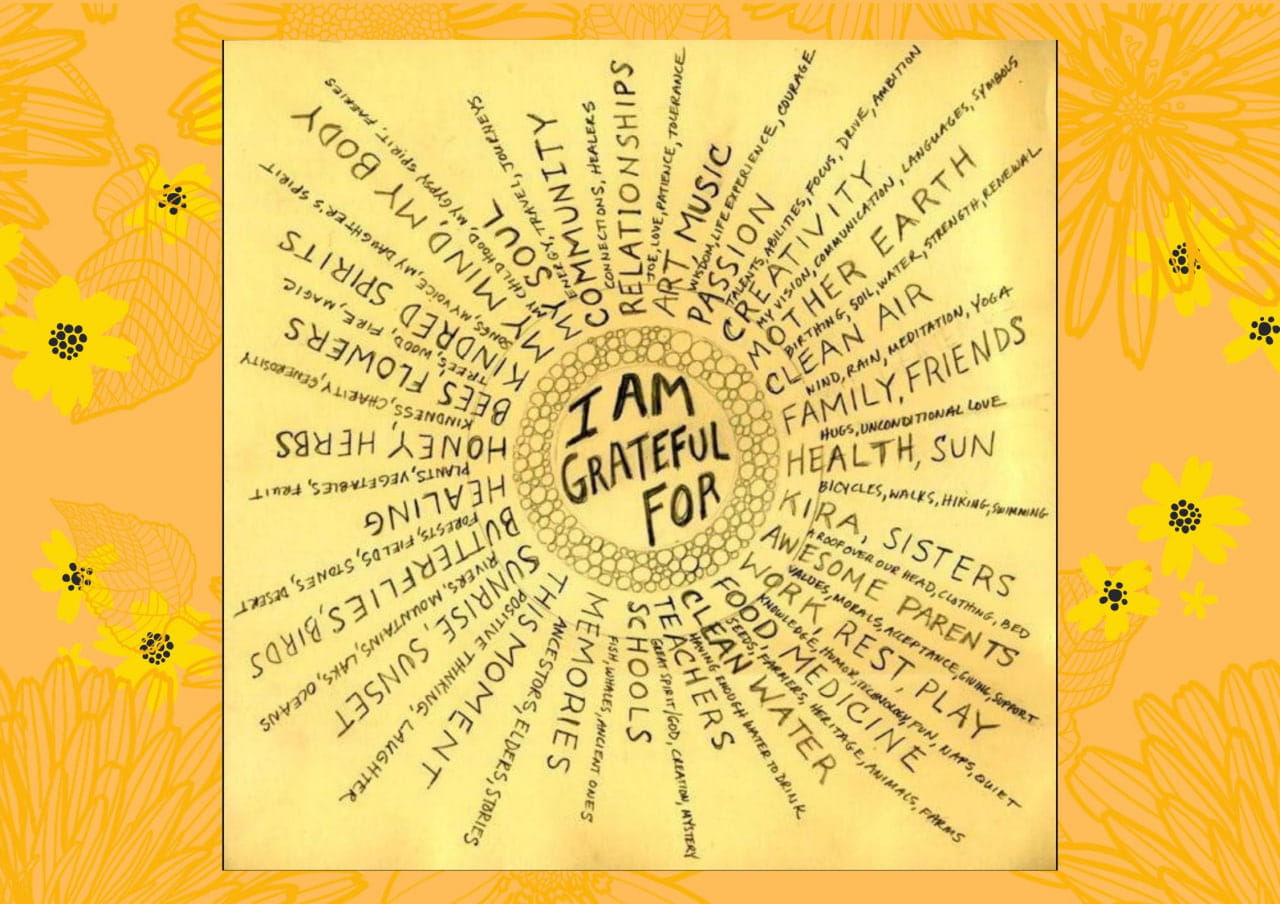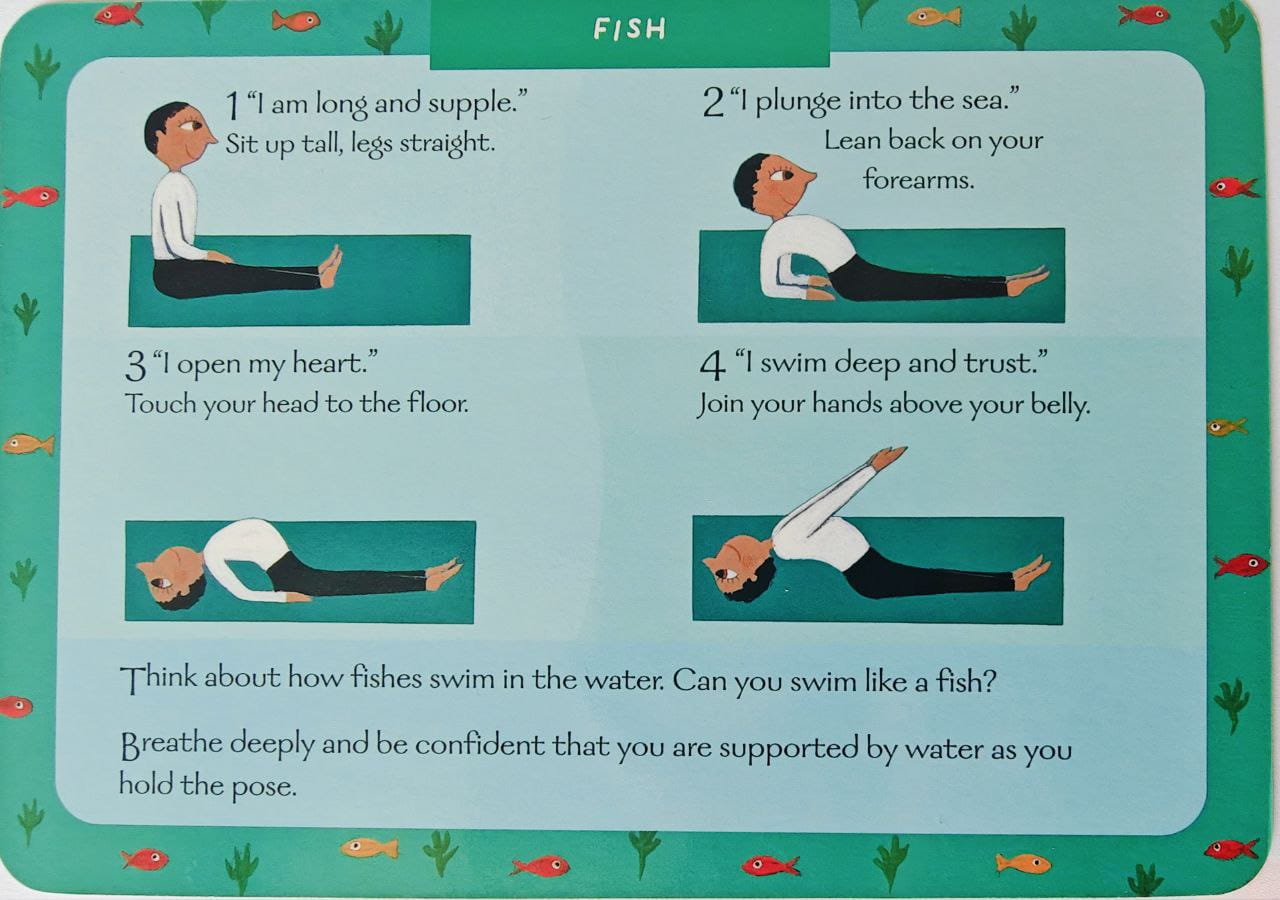How we are teaching Northbridge Grade 2 and 3 Primary students to be responsible global citizens
During our How We Organise Unit in Grades 2 and 3, Northbridge International School Cambodia students have been learning about how they can make the world a better place for all who live in it.
During our How We Organise Unit in Grades 2 and 3, Northbridge International School Cambodia students have been learning about how they can make the world a better place for all who live in it.
In Grade 3, children learnt about what Non-Government Organisations (NGOs) are and why they are needed in the world to support those who need help.
They found out that NGOs can help with environmental issues, people who are in need and animal protection. Grade 2 students learnt ways to protect the environment and why it is important to think carefully about the products they choose and businesses that they support.

Grade 3 students were fortunate to have a number of organisations visit the class as guest speakers to find out more. Above is a photo of the PPAWS visit to Grade 3 to teach them about how they help with animal welfare.
During a visit to Farm to Table Grade 2 children learnt about the importance of composting by using leaves, grass and kitchen waste. This helps conserve water and improves soil by providing it with more nutrients and minerals. It is also a great fertilizer for plants.


Students in Grade Two learnt that we can protect the environment by reducing rubbish and recycling and reusing glass containers to create something new and useful.


Friends International and ChildSafe Movement came to teach students about what they do to help families and children improve their relationships and skills. Students also researched about an NGO of their choice to teach the rest of the class about.
It was inspiring to see how Grade 2 and 3 students became more aware of the world and why it is important to protect it and its living things. One of the questions Grade Three wanted to answer was “Whose responsibility is it to look after those who cannot look after themselves?”
This was a puzzling question for most of the children at the beginning of the unit but by the end they all agreed that it is everyone’s responsibility to care for others. They realised that those who are more fortunate have greater opportunities to help those who need support.
Children also gained a greater understanding of how they can show empathy and a caring attitude toward those that need support. Grade 2 students thought deeply about ways they can recycle and create less waste. They also learnt about fairtrade products and why it is important to treat people fairly for the work they do and products they create.


Grade 3 students teaching each other about the different NGOs they researched. They asked each other some interesting questions about why the NGOs were formed and how they solve problems.

Students in Grade 2 learnt about the process cocoa beans go through to become a product. They found out many farmers do not get a fair price for the work they do and beans they grow.
At the conclusion of this unit, it is exciting to find that children are taking action due to their learning. Many children in Grade 2 are vowing to use less single-use plastic and look at labels before they buy products to make sure they are supporting local companies and Fairtrade products.
In Grade 3 students are collecting food and blankets to support Cambodian Animal Protection Association (CAPA). Many of them have also mentioned that they would like to go to Friends International and ChildSafe Movement to participate in activities, eat and shop to help raise money for their important work.
Ask your children about ways they can take action to improve the world they live in and all of its living things on their journey to becoming more compassionate, caring and responsible global citizens.














